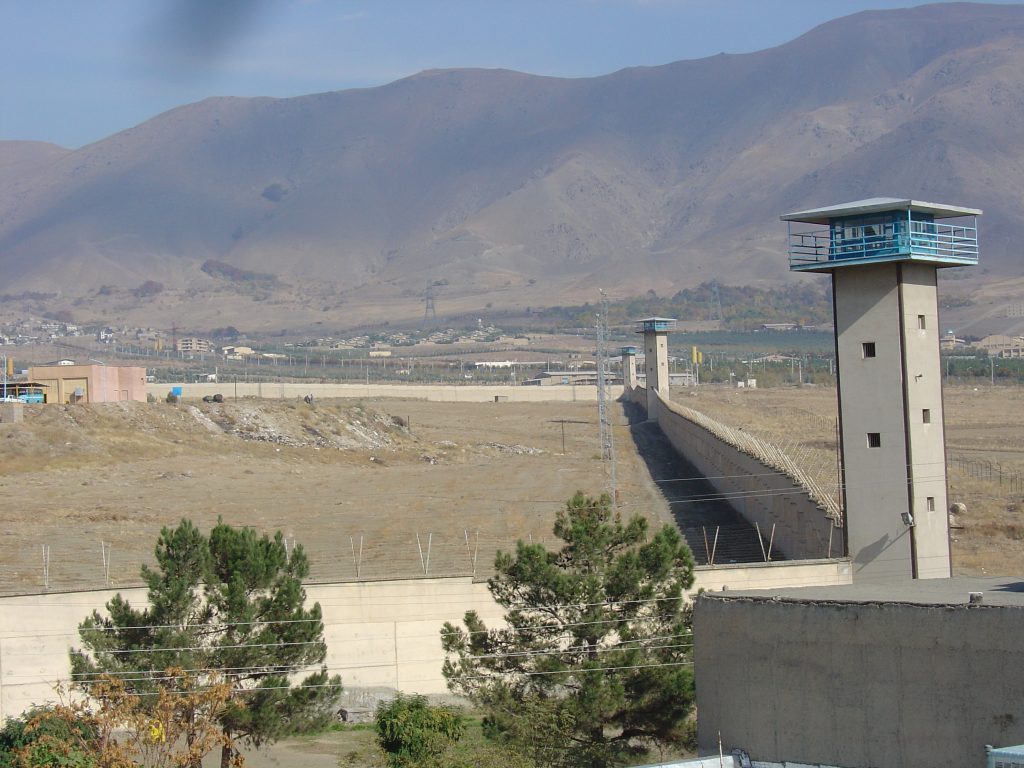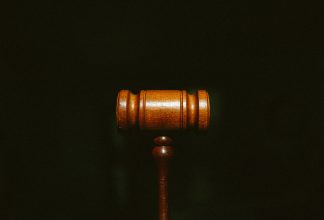Report 10: Plaintiff Hearings pt. 4

In our previous report, we provided an overview of two out of the three plaintiff hearings that were held last week. The trial continued on Tuesday this week with the hearing of Plaintiff 13, which was concluded on the same day. On Thursday and Friday morning respectively, Plaintiff 14 was heard from Australia over the court’s video conference hearing with the hearing split over two days due to the time difference between Sweden and the location of the plaintiff. In this report we will summarize and outline the main points of the two hearings held this week.
Plaintiff 13
As in previous hearings, the plaintiff’s counsel, Göran Hjalmarsson, started off with a brief presentation of the plaintiff’s background and experiences that are relevant to the case. The counsel told the court that the plaintiff had been arrested in 1981, at the age of 20, and while studying to be an engineer, for sympathizing with the MEK. A year later, the plaintiff was given a “probationary death sentence” which two years later was converted into a seven-year sentence. The plaintiff served time in four different prisons – Evin, Ghezel Hesar, Gohardasht and a prison located close to his hometown of Qom. He was incarcerated in Gohardasht prison during two different time periods, arriving there for the second time approximately six months before the mass-executions began. The plaintiff was brought to the so-called death corridor twice and stood before the death committee once.
After a few questions on the details of his arrest and subsequent trial, the prosecution asked the plaintiff to freely express what he remembered from his second stint in Gohardasht and during the period of the mass executions especially. The plaintiff then recounted an incident that took place the “first and last” time that his mother visited him in jail, in the early stages of him serving his sentence and while he was incarcerated in Evin. While there, his mother expressed her discontent about the conditions of the visit and ended up being physically assaulted by the guards. The plaintiff’s mother passed away the day after and the plaintiff had heard many years later from his father that his mother, on the way home from the visit, had said that “if they can treat me like this, imagine how they treat my son and his friends”. The plaintiff – clearly emotional – ended the story by apologizing for taking up the court’s time but concluded that he “really wanted to share this”.
The plaintiff then began to delve into details on the time before, during and after the mass executions in Gohardasht. As in previous hearings, much focus was placed on details such as the structure of the prison, what section or sections that the plaintiff was housed in and how the plaintiff was able to see, hear or otherwise become aware of a certain fact. As for the plaintiff’s recollection of encounters with the defendant, the plaintiff recounted how, after he had stood before the committee, he had been instructed to write a letter of repent to distance himself from the MEK. After writing a single sentence where he condemned the MEK, the defendant had goaded him, calling him a “dirty monafeqin” (a derogatory term used by the regime for members of the MEK), and ordered him to clarify his rejection of the MEK in more detail.
In contrast to previous hearings, the defense made very few references to the plaintiff’s statement to the Swedish police on perceived discrepancies from his testimony in court. Instead, the defense focused on a speech given by the defendant at a civil hearing in Geneva about the 1988 mass executions in 2018. The defense focused in on the fact that the plaintiff had not mentioned the defendant in his speech and that certain dates mentioned in the speech did not correlate with dates mentioned during the testimony in court.
The plaintiff explained how the focus of the hearing differed from that of the trial and that he had tried to give a more general description of his experiences in 2018. As for the mix-up of dates, the plaintiff had stated in the civil hearing that he was taken to the so-called death corridor on 8 August, which would translate to 17 Mordad according to the Iranian calendar but had then stated during his hearing in court that the date was 18 Mordad. He explained this as a simple mistake in the translation of dates during his civil hearing. “When did I take the words 17 Mordad in my mouth?” the plaintiff asked rhetorically and then emphasized that he had “always said 18 Mordad”.
Plaintiff 14
The plaintiff attended by link from his home in Australia and the hearing with Plaintiff 14 began in a familiar fashion with his counsel, Göran Hjalmarsson, holding a brief introduction of the plaintiff and his background. The plaintiff was arrested in 1981 for sympathizing with the MEK and was sentenced to fifteen years in prison. At the time of his arrest, he was serving in the military and was initially incarcerated in a military prison. He was later transferred to Evin prison and was also incarcerated for a period in Ghezel Hesar before arriving to Gohardasht prison. The plaintiff was brought to the so-called death corridor on three occasions and stood before the death committee once.
The plaintiff explained during his hearing that he for a long time had sought to repress and forget his memories of the events around the mass executions and that a lot of things had been unclear to him when he gave his statement to the Swedish police. The plaintiff further explained he had since been to see his psychologist, who had persuaded him to revisit his memories and open up about his experiences. He had also looked through some of his old notes. The plaintiff claimed he had seen the defendant on several occasions in the so-called death corridor in Gohardasht prison and that the defendant was seated behind the members of the death committee when the plaintiff appeared before it. The plaintiff also recounted how, during his time in Gohardasht prison, the defendant had participated in and ordered beatings of both him and his fellow prisoners.
As expected, since the plaintiff himself had made note of the difference between his statement to the Swedish police and his testimony in court, the defense focused its examination of the plaintiff on those discrepancies. The defense pointed out several discrepancies relating to dates and to facts regarding whether the plaintiff had heard or seen the person that the prosecution claim is the defendant. It pressed the plaintiff on why he had not been able to recall such details or given contradictory answers in his statement to the police. The plaintiff stood by his earlier explanation and claimed that things had become clearer to him as he began to reflect and allowed himself to think about his time in Gohardasht.
Next Report
In our next report, we will provide a summary of the plaintiff hearings due be held next week.
A translated version of this report in Farsi can be found here.
